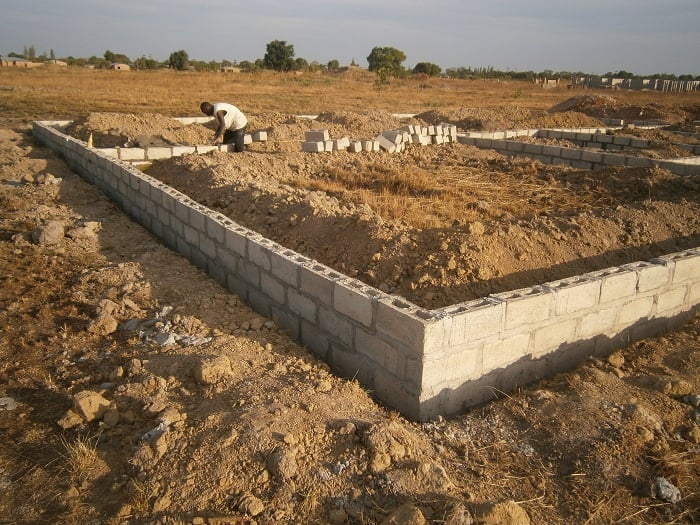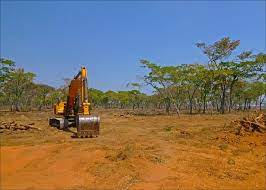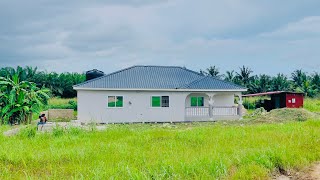Building process
Building a house in Ghana involves several stages and processes. First, a suitable plot of land needs to be acquired, which can vary in cost depending on the location. Then, the architectural plans and designs are developed and approved by the appropriate authorities.
The construction phase includes clearing the land, laying the foundation, erecting the walls, and installing the roof and windows. Additionally, various systems such as plumbing and electrical work are incorporated. The estimated cost for a standard 3 bedroom house in Ghana can range from $50,000 to $150,000, depending on the materials used, finishes, and location. It is essential to hire experienced professionals and contractors to ensure the quality and timely completion of the project.






Types of land ownership in Ghana
In Ghana, there are various types of land ownership and tenure systems, each with its own characteristics and legal framework. The land ownership systems in Ghana can be broadly categorized into the following types:
Stool/Skin Land Ownership: This is a traditional form of land ownership in Ghana where land is owned collectively by a traditional authority, often referred to as a "stool" in the case of Akan communities or "skin" in the case of some Ga-Dangme communities. The stool or skin serves as the custodian of the land and allocates parcels of land to individuals or families for various uses.
Family or Clan Land Ownership: In this system, land is owned by a specific family or clan. The family or clan head is responsible for managing and allocating land to members of the family or clan for agricultural, residential, or other purposes.
Individual Land Ownership: Individual land ownership is recognized by law and allows individuals to own land in their own right. They have the right to use, transfer, and sell the land according to legal provisions. This type of ownership is more common in urban areas and is associated with statutory land tenure.
Customary Tenancy: This form of land ownership allows individuals or families to use and occupy land owned by a stool or clan in exchange for specified obligations such as rent or performing certain services for the stool or clan.
Leasehold: Under this system, an individual or entity is granted the right to use and occupy a piece of land for a specific period, subject to the payment of rent or other terms as agreed upon. Leasehold arrangements are often regulated by contracts and are common in urban and commercial areas.
Government or State Land Ownership: The government of Ghana holds ownership of some land, often referred to as "state land." This land is managed by various government agencies and can be leased or allocated for various purposes, including infrastructure development, public facilities, and government projects.
Customary Ownership with Statutory Recognition: In some cases, traditional or customary land ownership systems are recognized and integrated into the statutory legal framework. The government acknowledges the authority of traditional rulers and incorporates their land management practices into the legal system.
It's important to note that land tenure and ownership systems in Ghana can vary significantly between different ethnic groups, regions, and local communities. Additionally, land registration and documentation processes have evolved over time to provide legal recognition and security to landholders. However, issues related to land disputes, conflicting ownership claims, and the interface between customary and statutory systems continue to be areas of concern in Ghana's land tenure landscape.